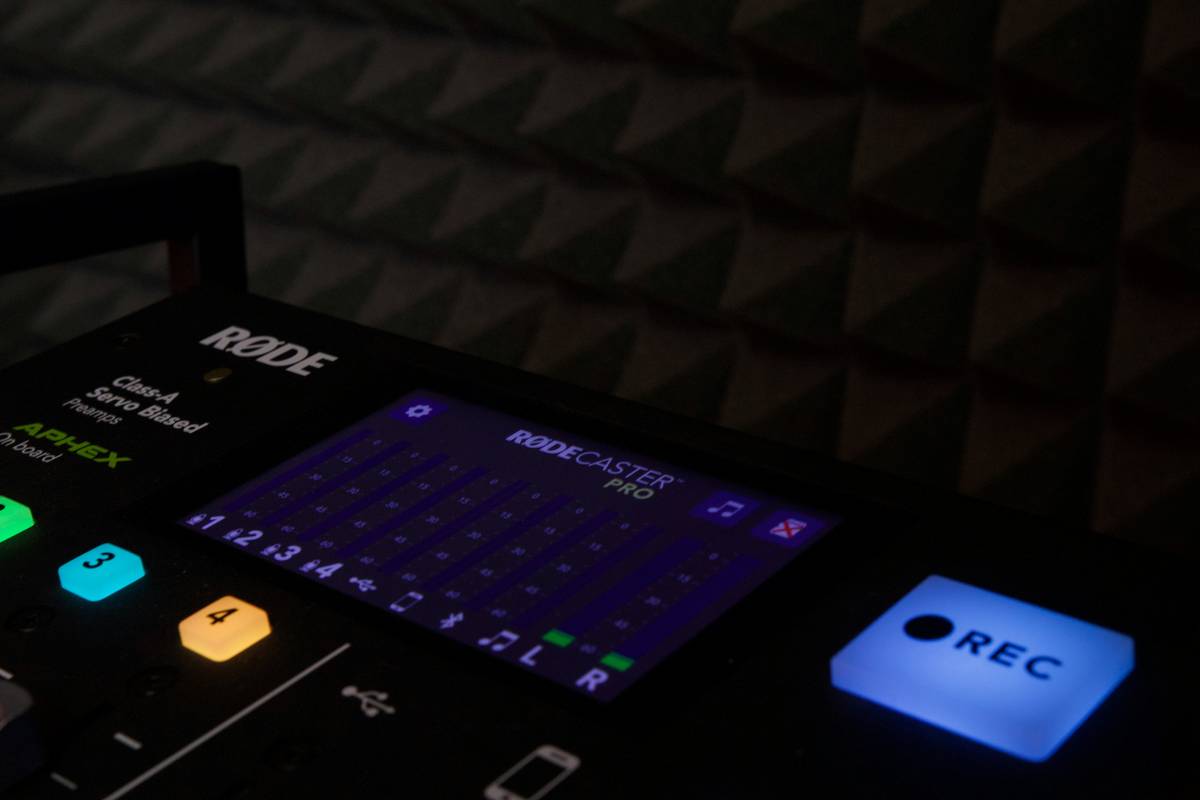Table of Contents
- Introduction
- Why Call Recording Compliance Matters
- How to Achieve Call Recording Compliance (Step-by-Step)
- Best Practices for Managing Recorded Calls
- Case Studies: Successful Compliance Stories
- FAQs About Call Recording Compliance
- Conclusion
Introduction
Ever been on a call that felt so important, you wished you could hit “record” and save it for later? Sure, it’s convenient—but did you know there are laws about recording calls? Ignoring them can lead to hefty fines or even lawsuits. Yikes.
In this post, we’re diving deep into Call Recording Compliance. You’ll learn why compliance is crucial, how to ensure your business follows the rules, and tips to manage recorded calls effectively. Bonus: We’ll share some real-world success stories and answer FAQs.
Key Takeaways
- Call Recording Compliance protects your business from legal trouble.
- Steps include understanding regional laws, getting consent, and storing data securely.
- Proper management of recorded calls enhances productivity without risking privacy breaches.
Why Call Recording Compliance Matters

Here’s a stat that’ll make you cringe: Businesses fined for non-compliant call recording have paid penalties ranging from $10,000 to over $1 million. Sounds like your laptop fan overheating during a Zoom marathon—whirrrr.
I’ll confess something: Early in my career, I accidentally sent out an email with unredacted client recordings attached. Let’s just say it wasn’t pretty. It taught me one thing—you don’t want to mess with compliance.
Legal requirements vary based on location. In the U.S., some states require all parties to consent (“two-party consent”), while others only need one person’s permission. Globally, GDPR adds another layer of complexity. Without proper systems in place, your business phone features might as well be walking straight into a legal minefield.
How to Achieve Call Recording Compliance (Step-by-Step)
Step 1: Understand Regional Laws
Optimist You: “I’m just recording calls; what could go wrong?” Grumpy Me: “Ugh, fine—but first, research your local and international call recording laws.”
Use resources like the Federal Communications Commission (FCC) or consult legal experts if necessary.
Step 2: Get Consent Before Recording
“This call may be recorded for quality assurance purposes.” Ever heard that before? That’s the power of informed consent.
Use pre-recorded messages or pop-ups when starting calls to notify participants. Make sure they agree explicitly.
Step 3: Store Data Securely
No one likes hacked voicemails or leaked calls. Ensure encrypted storage solutions and limit access to authorized personnel.
Best Practices for Managing Recorded Calls

- Automate Notifications: Set up automatic alerts for team members handling sensitive information.
- Delete Old Recordings: Don’t hoard data unnecessarily—it increases risk!
- Train Your Team: Regular training ensures everyone understands compliance protocols.
Terrible Tip Alert: DON’T assume all employees will read the compliance manual. (Spoiler: They won’t.) Instead, use interactive quizzes or gamification to reinforce learning.
Case Studies: Successful Compliance Stories

Take Example Co., a mid-sized tech firm that revamped its phone system to prioritize compliance. By integrating two-party consent workflows, their legal risks dropped drastically—and customers appreciated the transparency. Their post-compliance survey showed a 25% rise in satisfaction scores.
Another company, BigCorp Inc., saved $500K annually by automating deletion schedules and reducing storage costs—all while staying compliant.
FAQs About Call Recording Compliance
Q: Is call recording allowed everywhere?
A: No. Laws differ globally—research yours to avoid violations.
Q: What happens if someone doesn’t give consent?
A: Stop recording immediately or risk facing legal action.
Q: Can AI help with compliance?
A: Absolutely. AI-powered tools can flag risky behaviors and streamline consent processes.
Conclusion
Compliance isn’t sexy, but neither is losing thousands in fines because of sloppy recordkeeping. By following these steps—understanding laws, obtaining consent, securing data—you not only stay legal but also boost productivity responsibly.
So next time you think about hitting record, remember: Compliance is chef’s kiss for business protection.
P.S. Like dial-up internet nostalgia? *Bleep bloop*, here’s a haiku for you:
Calls flow like rivers,
Record wisely, stay compliant,
Your business thrives now.


